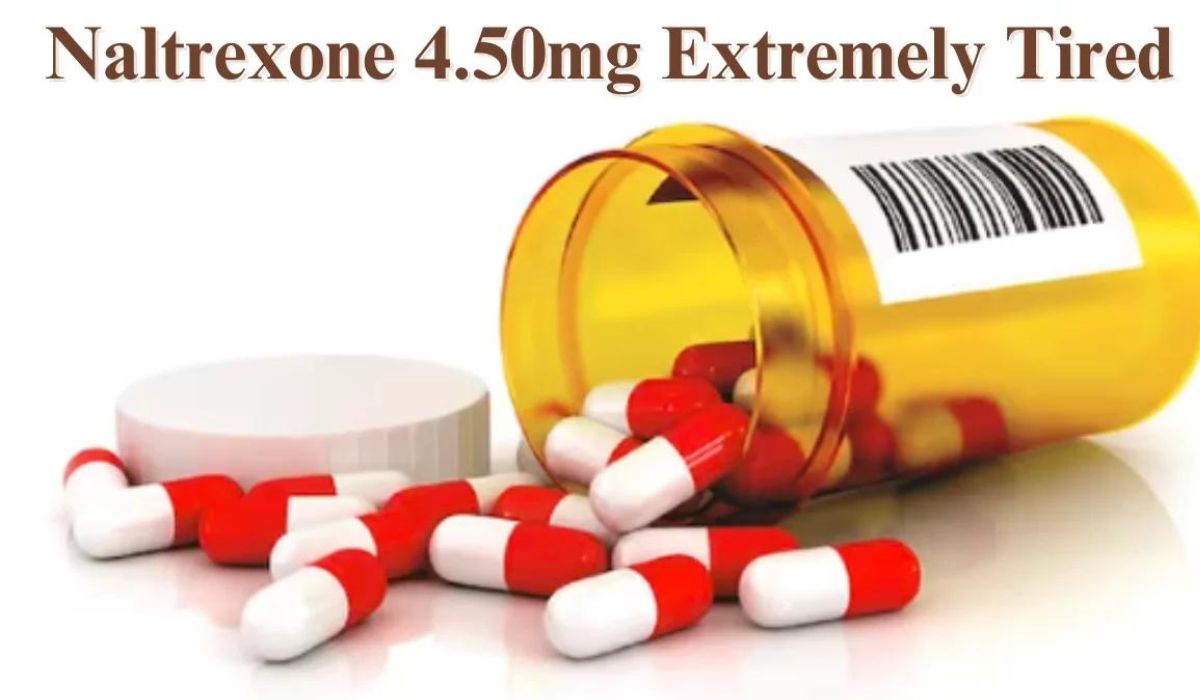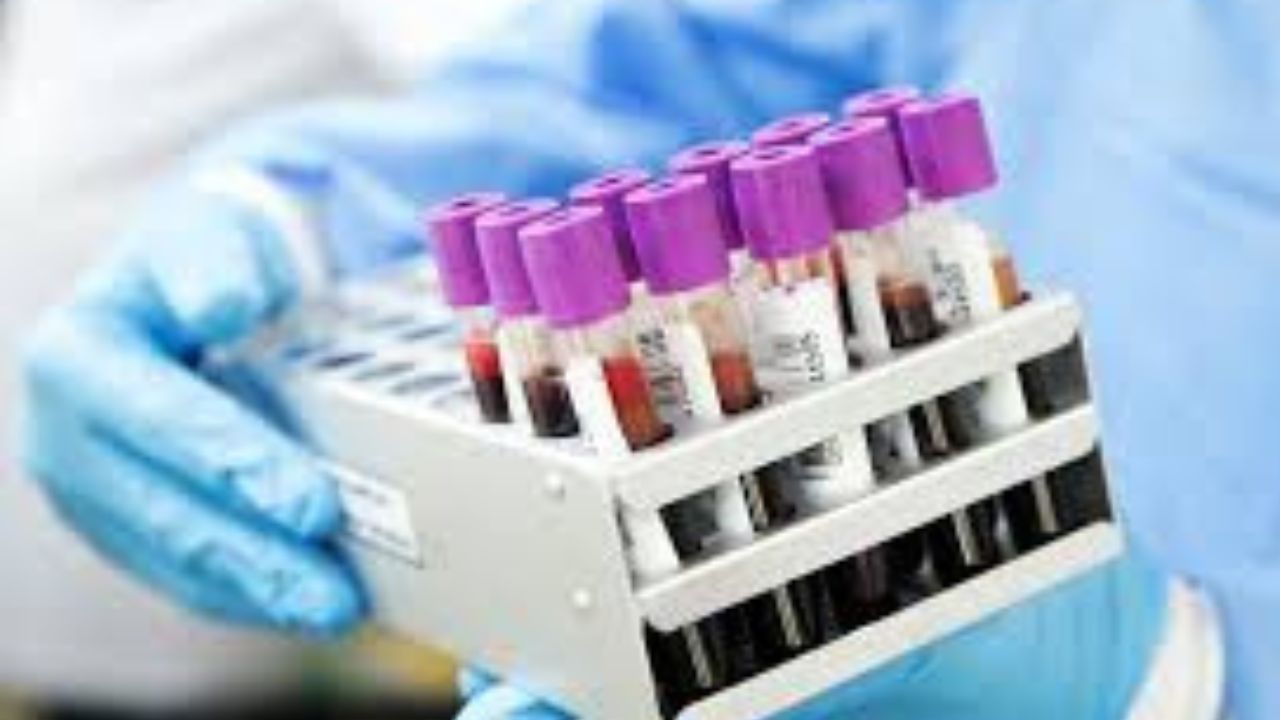Introduction: The Balancing Act of Recovery
Naltrexone is widely recognized as an effective medication for treating addiction, particularly for managing opioid and alcohol dependence. Naltrexone 4.50mg is a common dosage that many individuals use to help with their recovery journey. However, one of the challenges that some people face while on this medication is extreme tiredness. This article delves into why naltrexone might cause fatigue, how to manage this side effect, and when it’s crucial to seek medical advice.
Naltrexone: A Closer Look
How Naltrexone Works
Naltrexone is an opioid antagonist. It functions by blocking the effects of opioids at their receptors in the brain. This helps to reduce cravings and prevents the feeling of euphoria associated with opioid use, which can aid in maintaining sobriety. In the case of alcohol use disorder, naltrexone reduces the desire to drink by affecting brain pathways involved in the pleasure response.
Common Side Effects
While naltrexone is effective, it does come with a range of potential side effects, including:
- Nausea
- Headache
- Dizziness
- Sleep disturbances
Fatigue is another side effect that some users report, which can significantly impact daily functioning and overall well-being.
Individual Variations
It’s important to note that side effects, including fatigue, can vary widely among individuals. Factors such as personal health conditions, other medications being taken, and overall health can influence how one reacts to naltrexone.
The Causes of Naltrexone Fatigue
Physical Changes
Naltrexone can alter the body’s metabolism and energy levels. By blocking opioid receptors, it may impact various physiological processes, potentially leading to feelings of tiredness. Additionally, adjustments in the body’s biochemistry as it adapts to the medication can contribute to fatigue.
Mental Health Factors
Fatigue can also be exacerbated by underlying mental health conditions. Individuals undergoing addiction treatment may experience withdrawal symptoms or emotional stress, which can compound feelings of tiredness. Depression and anxiety, which are often present in those dealing with addiction, can further influence energy levels.
Medication Interactions
Interactions with other medications or substances can amplify feelings of tiredness. It’s essential to review all medications and supplements with a healthcare provider to identify any possible interactions that could be contributing to fatigue.
Managing Naltrexone Fatigue
Lifestyle Adjustments
To counteract fatigue caused by naltrexone, consider the following lifestyle adjustments:
- Exercise: Regular physical activity can boost energy levels and improve overall mood.
- Diet: A balanced diet rich in vitamins and minerals can help combat tiredness. Focus on foods that provide sustained energy, such as whole grains, lean proteins, and fresh fruits and vegetables.
- Sleep Hygiene: Ensure you get adequate and restful sleep each night. Maintaining a consistent sleep schedule and creating a comfortable sleep environment can help reduce feelings of fatigue.
Stress Management
Effective stress management techniques can play a significant role in reducing fatigue:
- Relaxation Techniques: Practices such as deep breathing, meditation, and yoga can help manage stress levels and improve energy.
- Support Systems: Engaging with support groups or counseling can provide emotional support and reduce feelings of isolation and stress.
Medication Review
If fatigue persists, consult with a healthcare provider about:
- Adjusting Dosage: Sometimes, adjusting the dosage of naltrexone can alleviate side effects.
- Alternative Medications: There may be alternative medications or treatment strategies that can offer similar benefits with fewer side effects.
When to Consult a Healthcare Professional
Severe Fatigue
Seek medical attention if you experience severe fatigue that impacts your daily life and ability to function. Persistent tiredness that does not improve with lifestyle adjustments warrants a professional evaluation.
Other Concerning Symptoms
Additional symptoms such as:
- Dizziness
- Difficulty breathing
- Unexplained weight loss
should also be reported to a healthcare provider, as they may indicate more serious health concerns or complications related to naltrexone.
Medication Safety
Always consult with a healthcare professional for any medication-related concerns. They can provide guidance on managing side effects, ensuring safe and effective treatment.
You May Also Like: The Significance of ‘Need Sleep 1080×1080’ in Sleep Awareness
Conclusion
Naltrexone 4.50mg is a crucial tool in addiction recovery, but like all medications, it can come with side effects, including extreme fatigue. Understanding the causes of this fatigue and implementing management strategies can help mitigate its impact. Regular consultation with a healthcare provider is essential for adjusting treatment plans and ensuring overall well-being. By balancing medication with lifestyle adjustments and professional support, individuals can navigate their recovery journey more effectively.
What is Naltrexone 4.50mg used for?
- Naltrexone 4.50mg is used to treat addiction by blocking opioid effects, which helps in managing cravings and maintaining sobriety.
Why might Naltrexone cause extreme tiredness?
- Extreme tiredness from Naltrexone can result from physical changes in metabolism, mental health factors, or interactions with other medications.
How can I manage fatigue caused by Naltrexone?
- To manage fatigue, consider lifestyle adjustments such as regular exercise, a balanced diet, good sleep hygiene, and stress management techniques.
When should I consult a healthcare professional about Naltrexone fatigue?
- Consult a healthcare professional if fatigue is severe, persistent, or accompanied by other concerning symptoms like dizziness or difficulty breathing.
Can adjusting the Naltrexone dosage help with fatigue?
- Yes, adjusting the dosage or exploring alternative medications with your healthcare provider might help alleviate fatigue associated with Naltrexone.










